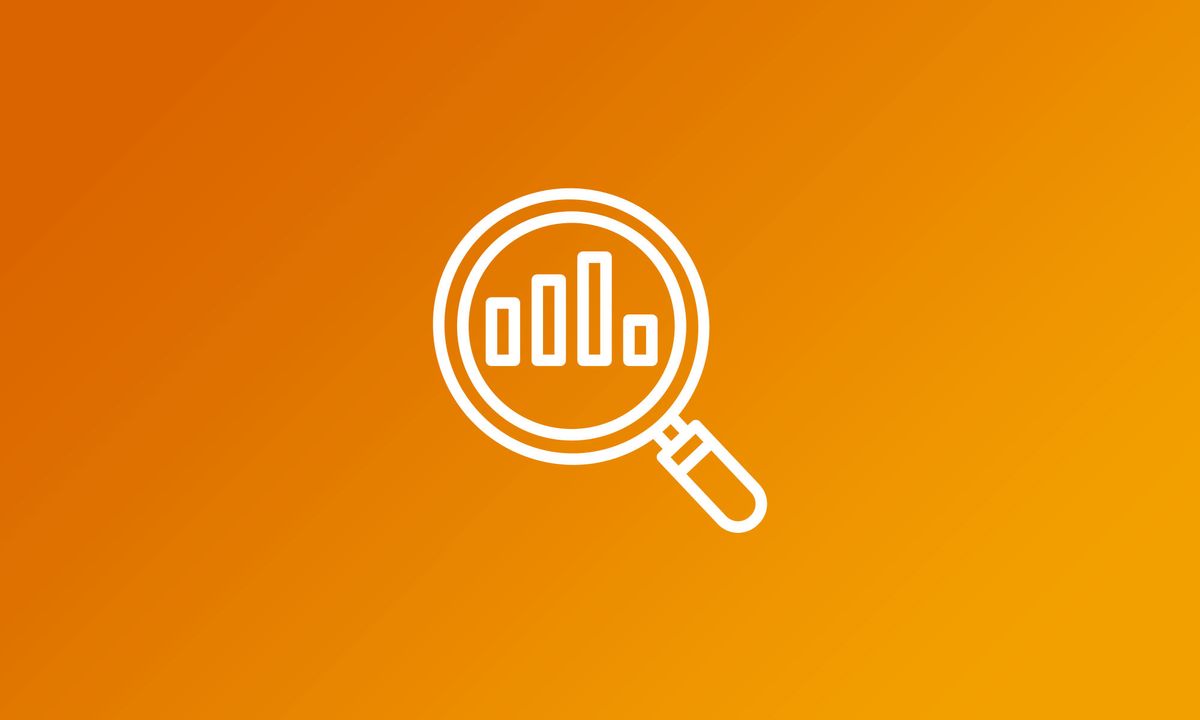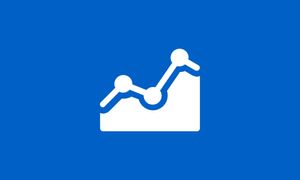Google Analytics 4 vs Universal Analytics: Which is better? That’s the question trending in the digital marketing world at the moment.
Google announced they'd be retiring Universal Analytics in 2023. Taking its place is Google Analytics 4—positioned to be the next-generation measurement solution with a whole host of new features.
Despite these promises, a lot of website owners are still on the fence about using GA4.
There are concerns about how it provides data, the user experience and even what it calls some sections.
If you belong to that group, here’s everything you need to know to make the best decision.
What is Universal Analytics?
Universal Analytics is the old version of Google Analytics introduced in 2012. It revolutionised the way web analytics is done—combining traffic data from first-party and third-party cookies.
However, Google Chrome is set to phase out third-party cookies for user data collection in 2023. This will severely diminish the effectiveness and reliability of Universal Analytics in collecting, reporting, and processing session data.
While Universal Analytics is still widely used today, Google plans to shut it down on July 1, 2023. In the meantime, users can choose to keep using Universal Analytics or upgrade to Google Analytics 4.
What is Google Analytics 4?
Google Analytics 4, or GA4, is the latest version of the Google Analytics service.
GA4 is designed to help digital marketers and businesses capture essential user information without the help of third-party cookies. It uses Machine Learning (ML) in a process called “conversion modelling” to measure events and user behaviour.
Conversion modelling generates the missing pieces of data with historical trends and current Google signals. This includes the device used, conversion type, time of day, and other data attached to the user journey.
For more information about GA4’s conversion modelling approach, read their detailed guide here.
Google Analytics 4 vs Universal Analytics: The key differences
To understand the benefits of Google Analytics 4 over Universal Analytics, here’s a look at their key differences:
Difference 1: Difference in data models and collection methods
Universal Analytics uses a session-based data model, whereas GA4 uses an event-driven data model for data collection.
In a session-based model, user interactions or “hits” are measured for a single user journey or “session.” Different hit types include user visits, eCommerce transactions, custom events, and social media interactions.
GA4, on the other hand, uses an event-based measurement model that tracks all user interactions as events.
Upgrade to GA4 to set up automatically collected events like page views, ad impressions, file downloads, scrolls, video engagement, and on-site searches. These “enhanced measurement events” are tracked independently of sessions and can be toggled on or off through the data stream settings page.
Other than recommended events, GA4 also makes it easy to create custom events, unlike Universal Analytics which requires several steps. Create events in-app by entering custom event parameters and assigning modifications.
Difference 2: New IDs
Universal Analytics uses tracking IDs to collect data about your Google Analytics property.
Tracking IDs follow the format “UA-XXXXXX-X,” which can be found under ‘Tracking Info’ on your “Admin” page.
In GA4, this is replaced by a measurement ID, which follows the format “G-XXXXXXXXXX.” Find your measurement ID by checking your data stream details from the “Admin” page.
Difference 3: Get more data with Explorations
Explorations are custom reports that use a combination of advanced analysis techniques and data visualisation tools. They reveal in-depth information you won’t find anywhere else on GA4’s reporting interface.
You can use explorations for extensive content tracking, digital marketing funnel exploration, lead acquisition monitoring, and so on. GA4 lets you use pre-built exploration templates or create your own using the drag-and-drop builder.
Universal Analytics offers a similar feature to Google Analytics 360 or GA360 users. But with GA4, everyone can access this feature for free.
Difference 4: Customisable interface
Report pages are not customisable on a Universal Analytics property. You can’t rearrange, remove, or add data cards—they’re there to stay.
GA4 changes this with the easy-to-use report customisation panel.
Just click ‘Customize report’ to change the arrangement of data cards on the current report. Data cards can also be deleted or added to fit your analytics needs, be it for content research, conversion optimisation, or ad management.
You can also create custom dimensions by heading to GA4’s “Configure Page” and going to ‘Custom definitions.’ Simply click ‘Create custom dimensions,’ personalise its details, and specify an event parameter to pull data from.
Difference 5: Free BigQuery integration
BigQuery is a fully-managed, cloud-based data warehouse that lets you run SQL queries.
Universal Analytics properties need a paid GA360 subscription to export raw data to BigQuery. But with GA4, this feature comes for free.
Alternatively, use a business analytics platform like Supermetrics to easily export your Google Analytics data to BigQuery. It also supports other data destinations like Google Sheets, Google Data Studio, Excel, and Amazon S3.
Difference 6: Unlimited data
Universal Analytics has a monthly limit of 10 million hits for tracking interactions. It’s also limited to only 500 events for tracking sessions.
Unlike Universal Analytics, GA4 lets you track and analyse data without monthly limits—except for the number of distinctly named events in mobile app data streams.
This is a game-changer for big businesses that cater to millions of website users per month. Some examples are an eCommerce website, popular cloud-based services, and online communities.
Difference 7: Include mobile app data in the same property
Google Analytics can also be used to monitor user behaviour on mobile apps—useful in mobile conversion optimisation and app development.
With Universal Analytics, you need to create a separate entity for mobile apps to track usage data and the data is stored in that separate property.
Simplify this process with GA4 by creating data streams from mobile apps for your property. This requires a corresponding Firebase project to send data to GA4, which can be created through the upgraded Google Analytics platform.
FAQs about Google Analytics 4 and Universal Analytics
Is Google Analytics 4 better than Universal Analytics?
Google Analytics 4 is better than Universal Analytics from a data collection standpoint—thanks to its event-based model. It’s also more readable, customisable, and cost-effective. Although there is clearly a huge learning curve, and understanding the way it collects and displays data is a challenge.
What is the difference between Google Analytics 360 and Google Analytics 4?
Google Analytics 360 users get to enjoy higher limits from their GA4 properties. All the data and features like custom metrics, explorations, and mobile app data streams remain the same between GA360 and GA4 accounts.
What are the different versions of Google Analytics?
Currently, users can pick between Universal Analytics and Google Analytics 4 for their Google Analytics accounts. Google Analytics 360 can be purchased as an add-on to unlock higher limits for GA4 and new features for Universal Analytics.
Transition easily from Universal Analytics to Google Analytics 4
Get started with Google Analytics 4 today without taking time away from your core business operations.
With the help from my team, your brand-new GA4 property can be up and running in no time. Reach out to me, and let’s schedule your free consultation.






